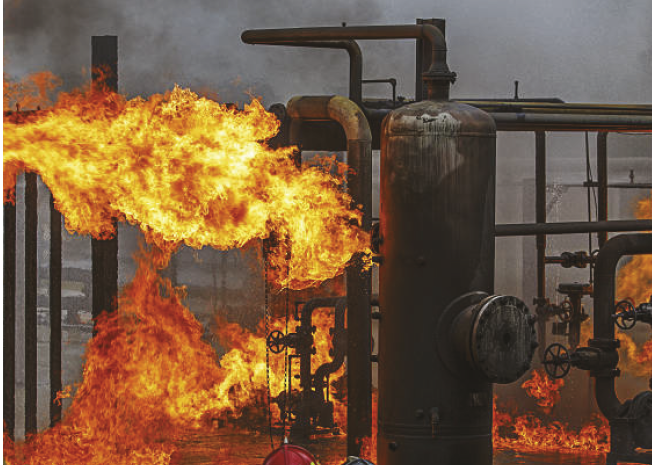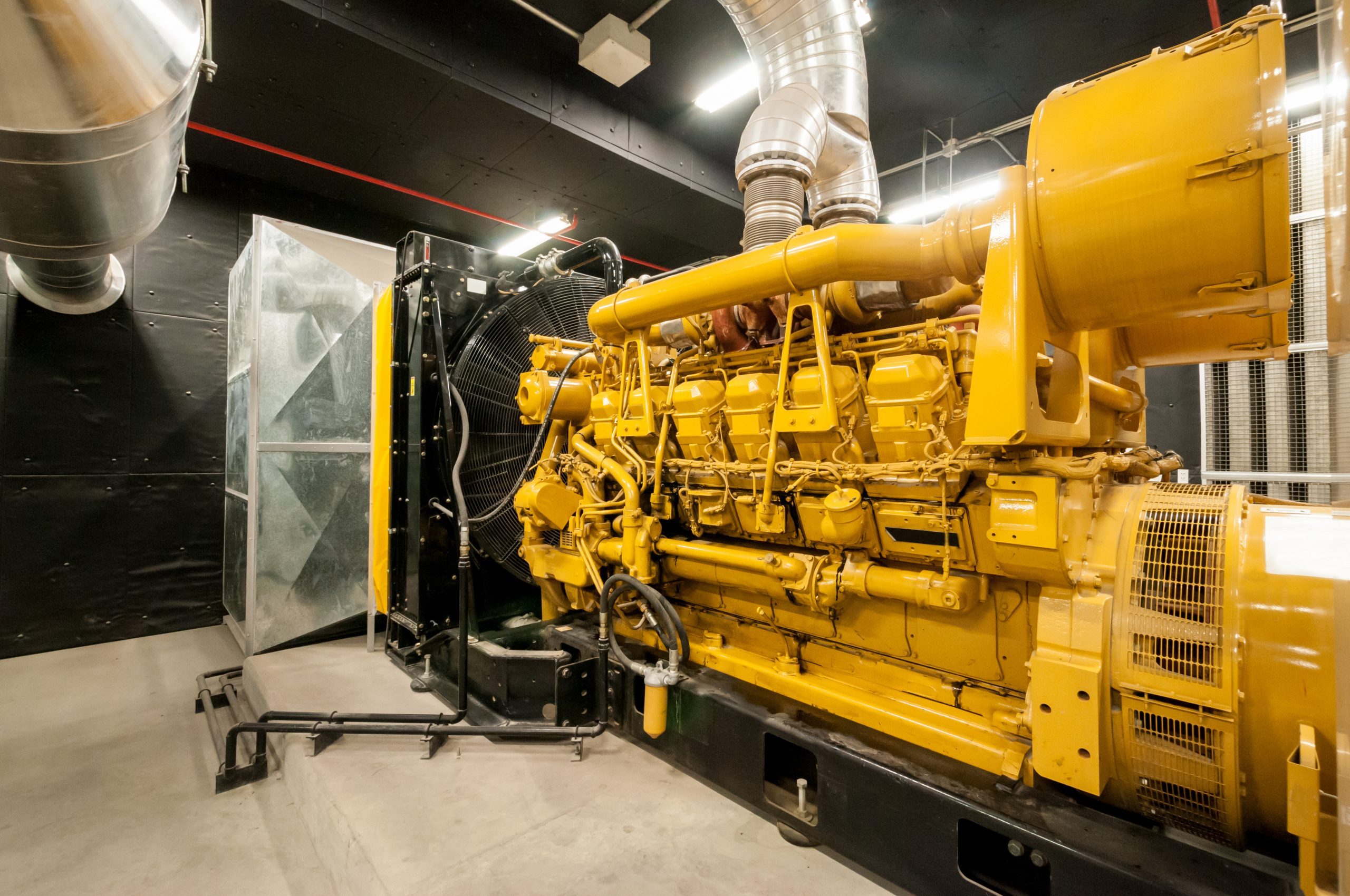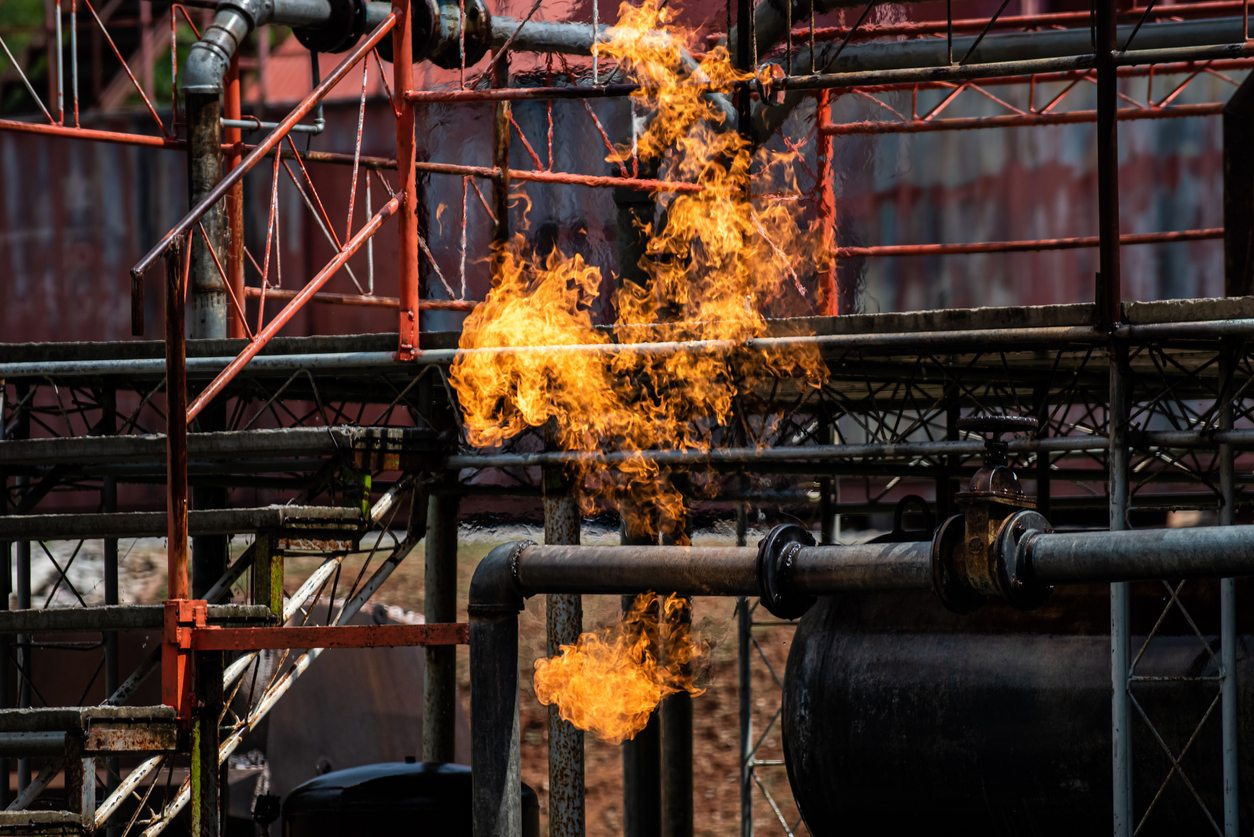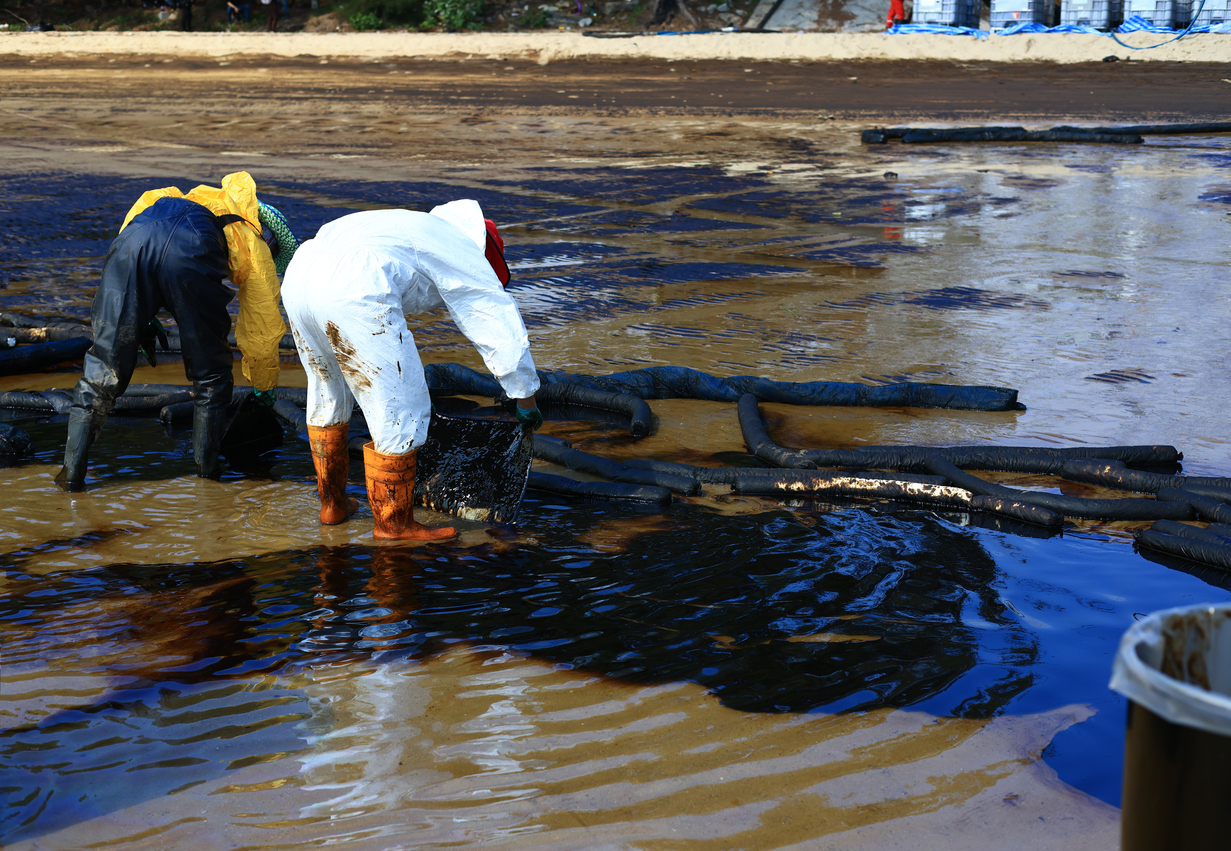Situation
Freezing temperatures and an intermittent power supply caused a refinery shutdown for almost a month before returning to normal throughput levels. As a result, the insured was forced to sell incoming crude oil and purchase finished product to fulfill their sales requirements. MDD was instructed to aid in the physical damage invoice write up and assess the Business Interruption and Extra Expense claim. The insured ultimately claimed a Business Interruption and Extra Expense loss of close to US$100 million.
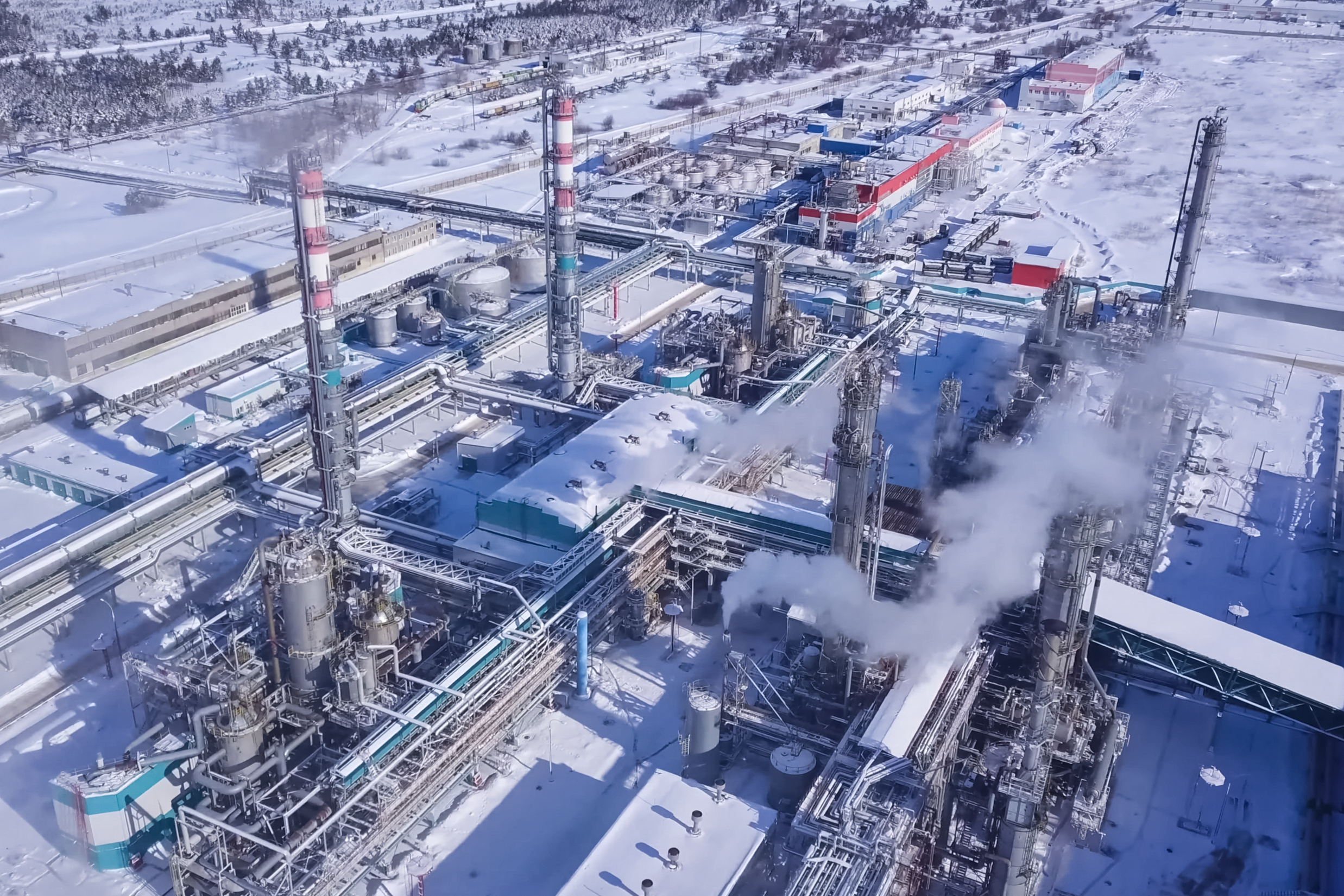

Key Considerations
- Quantify distressed crude oil sales.
- Determine Extra Expense for finished product purchases and apply policy deductibles and limits relating to the Extra Expense coverage. MDD also had to distinguish between Expense to Reduce Loss and true Extra Expense.
- A refinery plan that did not properly account for some key product consumption rates.
- Claimed pricing of contract and wholesale markets.
- Concurrent unrelated event with Boiler.

Background
The insured facility is an integrated refinery with two identical Crude/Vacuum Units. The refinery also includes a Fluid Catalytic Cracking Unit (FCCU), Alkylate, Reforming, and several Hydro Treater units. The crude oil slate consists of a combination of sweet and sour, which yield approximately 65% to 70% gasoline. The remaining product slate consists of Jet Fuel and Low Sulfur Diesel. All crude oil is delivered via pipeline, and finished product is shipped out via truck, rail, and pipeline. Clients include local contract customers and wholesale markets that require additional blending and reformation to meet local regulations.
MDD worked closely with the adjustment team and underwriters to organize, evaluate, and segregate costs between the two events. MDD also assisted the adjuster in determining ACV (Actual Cash Value) calculations for an initial payment on account. Our work product was ultimately used as the basis of the final settlement of the physical damage claim and was accepted by all parties.
Business Interruption Claim Progression and MDD Work
Initially, the insured advised that the Business Interruption loss would not exceed the maximum deductible amount. Almost a year after the initial freeze event, however, the insured presented a claim that exceeded the deductible. Subsequent revisions were made, and the final claim was more than twice the deductible. The final claim was based on the average crude throughput rate prior to the loss, planned yields, and a combination of contract and wholesale pricing using month-ahead pricing. A large portion of the increase from the initial claim presentation resulted from considering more of the loss of volume at wholesale prices, which were higher than contract pricing. In addition, the wholesale pricing was based on prices a month after the plant had resumed operation, a time period when wholesale prices were increasing. The insured contended that the finished product would not actually be sold for a month as justification for using month ahead pricing.
The insurance policy had gross earnings language that included Expenses Related To Reducing Loss and Extra Expense. Underwriters asked MDD to split the cost of the extra gasoline purchases made by the insured during the downtime into each category. There was a sub-limit for Extra Expense, and as the purchases of fuel exceeded the sales price to the end customer, the amount over and above the sales price was considered an Extra Expense. The remaining portion was determined to be Expenses Related To Reducing Loss, per the policy language.
MDD worked very closely with the adjuster and the insured for several months in an attempt to reach an agreement on the Business Interruption measure. Discussions centered on the following topics:
- Portion of the gasoline purchases that should be considered as Extra Expense.
- Pricing on the fuel sales – contract vs. wholesale and date to consider for pricing.
- Allocation of lost fuel volumes to wholesale or contract.
- Blendstock makeup production.
- Saved utilities.
- Planned ethanol and alkylate consumption rates.
Result
The proceedings became contentious, and the insured ultimately decided to file suit. However, its claim was reduced significantly to consider many of the points raised during our discussions. MDD was retained in the court case and testified at deposition to defend our measured amount. We researched public SEC filings and provided easy-to-understand visual evidence that the insured’s claimed margin-per-barrel rates were significantly overstated compared to its reported margins. MDD received high praise for the testimony and evidence presented.
MDD worked closely with the insured and adjustment team, including legal counsel, on a complex and contentious claim, including providing testimony to support our measure. We played an integral role in all aspects of the claim process and ultimate resolution.
The statements or comments contained within this article are based on the author’s own knowledge and experience and do not necessarily represent those of the firm, other partners, our clients, or other business partners.
CONTACT
CONTACT MDD
Our firm has over 80 years of experience working on assignments that span over 800 industries around the world.



